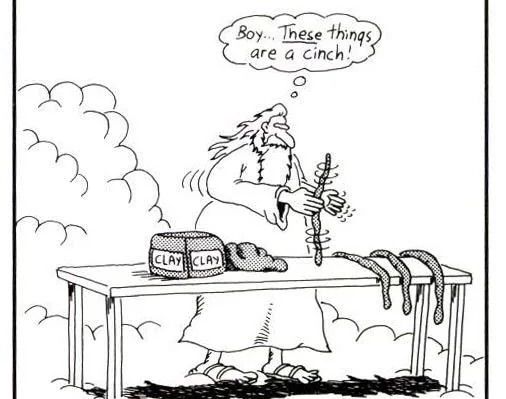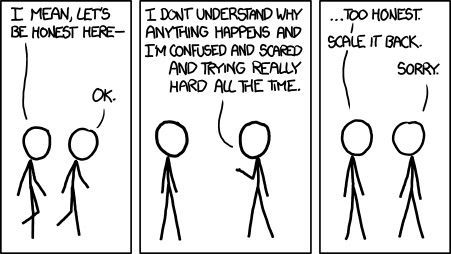By Peter Trumbore
•
April 21, 2025
I imagine we're all familiar with the slogan WWJD, or, What Would Jesus Do. In fact, it's so familiar that it's turned into a cliched bit of pop culture replicated on wristbands, inspirational posters, bumperstickers, and so on. But have you heard of WWJI, What (or Who) Would Jesus Imitate? OK, true confessions time, I made that one up. But stick with me for a minute. I got to thinking about this after reading an article at the website Mockingbird titled "Are you a Follower or a Fan: Imitation vs. Participation." The piece starts off by acknowledging the very real challenges of being modern people trying to do as Jesus did. The author writes: "A few Sundays ago, I listened to a homily that drew a sharp distinction between being a mere fan of Jesus and being a true follower. The preacher’s message was clear: admiration is not enough; commitment is required. And yet, as I sat there, I couldn’t help but think that this framing, while stirring, glossed over the profound complexities of discipleship. After all, what does it truly mean to follow a first-century prophet who renounced self-protection, rejected wealth, and issued radical moral demands? It’s one thing to nod along in agreement; it’s quite another to live as he did. After the service, I mentioned to a fellow congregant that I don’t consider myself a follower of Jesus — just a fan. And only on my better days." A little further on, the author raises what is a profound and I think fundamental question about the nature of Christianity and what it means to be a Christian. "Is Christianity about imitating Jesus or participating in Jesus? Is it primarily following a moral example or being swept up into an unfolding mystery?" As the author notes, this is about the fundamental tension of Christian life. The idea of imitation is that Christian life is about emulating Jesus, replicating his actions, embodying his virtues, and modeling our behaviors after his. Hence the WWJD paradigm. But there's a problem there. This mindset reduces "Christianity to a moral project focused on individual actions and ethical conduct. While imitation is undeniably valuable, when it becomes the core of the Christian journey, it risks turning faith into little more than a moralistic exercise — a set of rules to follow rather than a living, transformative experience." This approach is also, at its core, a specifically individual exercise. In short, how can I be like Jesus? Participation, the author writes, is a radically different approach that reframes the Christian experience. "It’s not about striving to mimic Christ’s life, but about engaging in the ongoing mystery of his presence in the world. The believer isn’t just a disciple learning to imitate an ancient figure but a participant in a larger, living story — a story that transcends time and encompasses both the individual and the collective." While imitation offers a clear moral framework, it risks reducing our faith to a checklist of behaviors. Do these things (what Jesus would do), replicate these actions, and we're set. Participation, the author writes, "pulls believers into something dynamic and ongoing. It’s not about asking 'What would Jesus do?' but 'What is Jesus doing right now?' It’s about recognizing that faith is not just a story to be retold, but a mystery to be lived and actively engaged with in the present." So where are you in this mix of imitation vs. participation? How different are the two? Does participation mean we discard imitation? Or does participation give meaning to imitation. If imitation is about me, myself, and I, who is participation about? Are you a fan or a follower? We will wrestle with these questions in our discussion this week. Join us for the conversation tomorrow evening, Tuesday, April 22, starting at 7pm at Casa Real in downtown Oxford.











